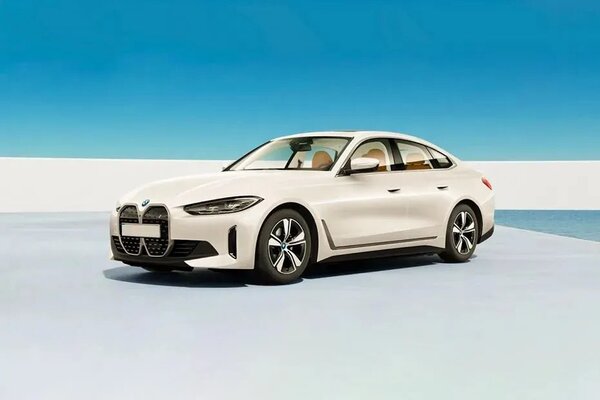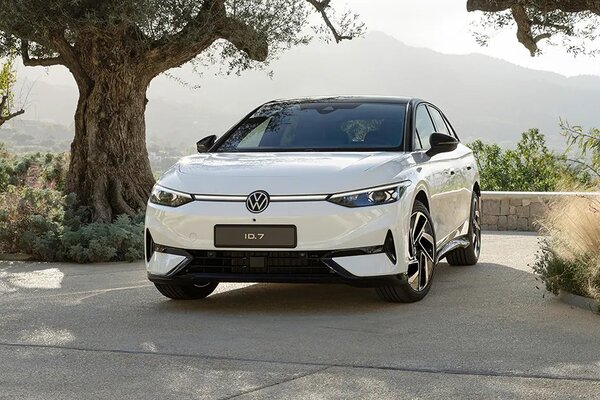Virgin Hyperloop completes first-ever human trial, beats Tesla in race
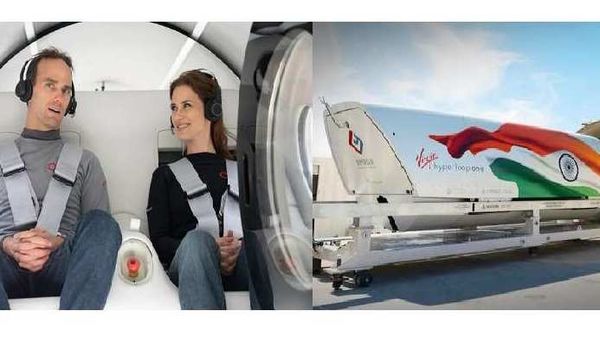

Virgin Hyperloop on Monday said it has "successfully" completed the first-ever human trial in the hyperloop pod at the DevLoop test facility in the US.
Two passengers, both company staff, travelled 500 metres in 15 seconds, reaching 107 mph (172 km per hour), marking the completion of the first-ever trial, the company said.
Also check these Vehicles
The testing campaign will continue with Pune native and Virgin Hyperloop Power Electronics Specialist, TanayManjrekar, riding next, the company said in the release.
Hyperloopis a next-generation travel system that uses pods or capsules travelling at high speeds through low-pressure tubes erected on columns or tunnelled underground using magnetic levitation. The system is fully autonomous and sealed, so no driver-related error is anticipated.
"For the past few years, the Virgin Hyperloop team has been working on turning its ground-breaking technology into reality," said Richard Branson, founder of the Virgin Group.
He added that with Monday's successful test, the company has shown that this spirit of innovation will in fact change the way people everywhere live, work, and travel in the years to come.
The Maharashtra government has deemed hyperloop a public infrastructure project and approved the Virgin Hyperloop-DP World Consortium as the original project proponent (OPP) for the Mumbai-Pune hyperloop project.
The occupants made their maiden voyage on the newly-unveiled XP-2 vehicle, designed by BIG-Bjarke Ingels Group and Kilo Design, which was custom-built with occupant safety and comfort in mind, the company said in the release.
This successful test is a landmark announcement for building the Pune-Mumbai hyperloop transportation system, recognising hyperloop technology alongside other more traditional forms of mass transit, said the release.
"Today's test is a significant step forward towards a commercial hyperloop in India — perhaps the world's first — connecting Pune with Mumbai along the existing Expressway," said Harj Dhaliwal, managing director (Middle East and India) of Virgin Hyperloop.
He added that the opportunity for India to lead the world in this new form of transportation is unprecedented. "The project would be the largest private infrastructure investment in Maharashtra, creating 1.8 million direct and indirect jobs andUSD 36 billion in socio-economic benefits."
While the production vehicle will be larger and seat up to 28 passengers, this 2-seater XP-2 vehicle was built to demonstrate that passengers can in fact safely travel in a hyperloop vehicle, it added.
The human testing, from the beginning stages to Monday's successful demonstration, was overseen by the industry-recognised independent safety assessor (ISA) certifer, Virgin Hyperloop said.
Having undergone a rigorous and exhaustive safety process, the newly unveiled XP-2 vehicle demonstrates many of the safety-critical systems that will be found on a commercial hyperloop system, it added. It is equipped with a state-of-the-art control system that can detect abnormal conditions and rapidly trigger appropriate emergency responses.
"Working on hyperloop – let alone being one of the first to ride it – is truly a dream come true," said Manjrekar, power electronics specialist at Virgin Hyperloop.
Last month, Virgin Hyperloop announced a partnership with Bangalore International Airport Limited (BIAL) to conduct a feasibility study for a proposed hyperloop corridor fromBangalore airport.
Last year, it also signed an MoU with the Punjab's transport department, Virgin Hyperloop said.
The company hopes to expand on its relationship with Punjab as the company continues exploring opportunities in northern India, independent of their work in the western and southern regions of the country, it added.







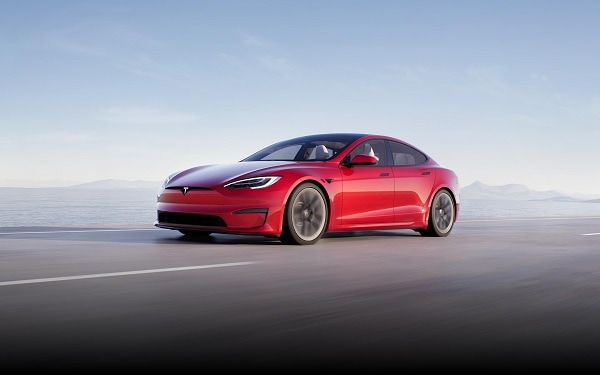
 75 kWh
75 kWh 396 km
396 km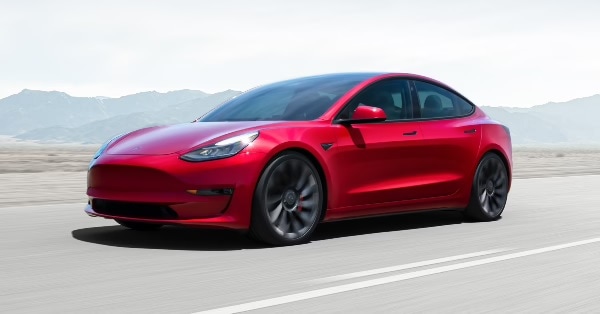
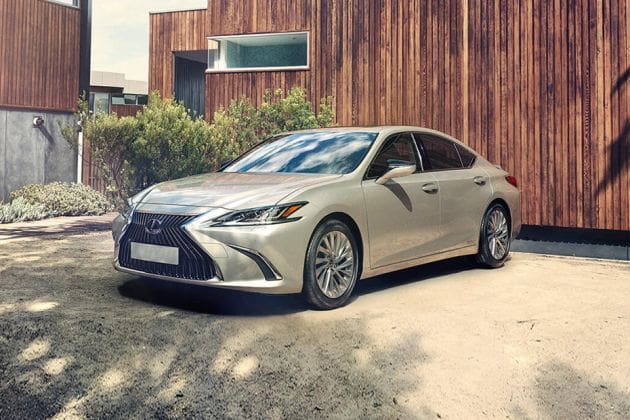
 2487.0 cc
2487.0 cc Multiple
Multiple